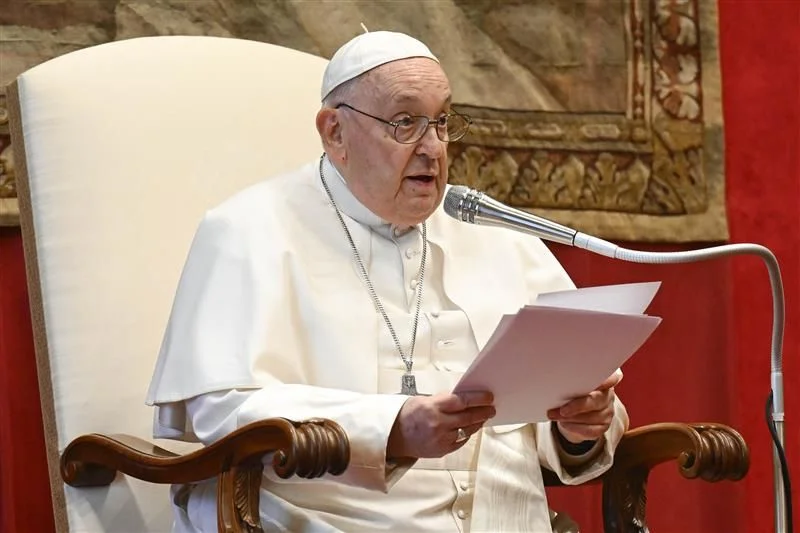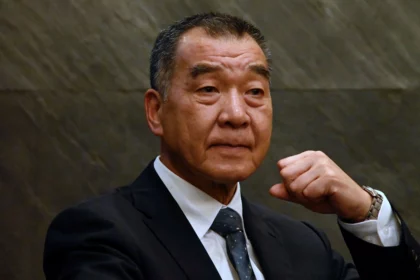In a powerful address on New Year’s Day, Pope Francis demanded a worldwide prohibition on surrogacy, denouncing the practice of women carrying children for others as “unacceptable” and a “serious violation of the dignity of both the woman and the child.” The 87-year-old pontiff shared his concerns during a speech to ambassadors at the Vatican, focusing not only on global conflicts but also on the imperative to respect life.
Pope Francis emphasized the paramount importance of safeguarding the lives of unborn children in their mothers’ wombs, underscoring that such lives should never be treated as commodities or subjected to trafficking. He expressed his deep disapproval of surrogate motherhood, characterizing it as a reprehensible practice that exploits the financial needs of mothers, thereby violating the dignity of both women and children.
“A child is always a gift and should never be the subject of a commercial agreement,” Pope Francis asserted, making a plea for the international community to collectively work towards a universal prohibition of surrogacy. This call echoes his previous condemnation of surrogacy as an “inhuman” practice in June 2022.
While certain countries, including Belgium, the Netherlands, the United Kingdom, Canada, Brazil, and Colombia, permit altruistic surrogacy without financial compensation beyond living expenses, specific states in the United States allow commercial surrogacy.
The Pope’s advocacy for a global ban on surrogacy reflects a broader conversation around the ethical and moral considerations of assisted reproductive technologies. As the leader of the Catholic Church, his stance adds a significant voice to the ongoing debate surrounding the commercialization of childbirth and the potential exploitation of vulnerable individuals.
The call for a universal prohibition on surrogacy raises questions about the intersection of reproductive rights, medical advancements, and ethical boundaries. It prompts a reflection on societal values and the responsibility of the international community to navigate the delicate balance between technological progress and the preservation of human dignity.




